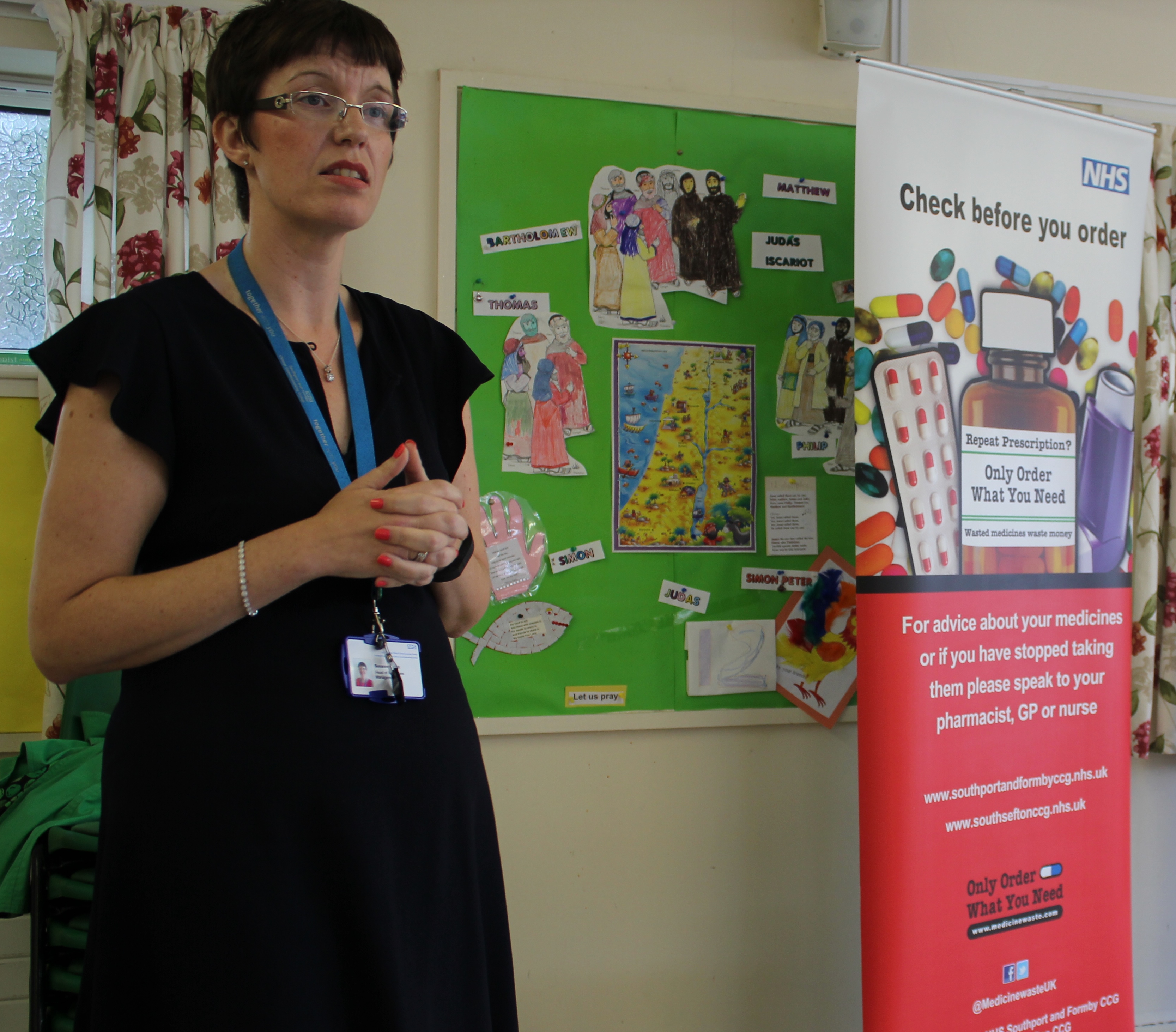Early identification key to sepsis treatment
Tuesday, May 1, 2018

Everyone has a role to play in identifying and treating sepsis in its early stages. That is the message from local health commissioners who are backing a campaign to raise awareness of the illness.
Sepsis is a potentially life threatening condition which can lead to multiple organ failure and death if not identified and treated early. It is estimated that around 150,000 people a year in the UK are diagnosed with sepsis which can be treated with antibiotics if identified in its early stages.
NHS South Sefton Clinical Commissioning Group (CCG) and NHS Southport and Formby CCG are backing a campaign by Health Education England titled ‘Think Sepsis’ which is raising awareness of the illness. Local health commissioners are highlighting a different element of sepsis diagnosis and treatment every month between now and world sepsis day on September 13.
This month, the Sefton CCGs have focussed on medicines management and the role community pharmacists can play in offering support to anyone who may have concerns about the illness.
Speaking about the campaign, Susanne Lynch, head of medicines management at the CCGs, said: “Everyone has a role to play in identifying and treating sepsis, including community pharmacists. Although it would be very rare for someone to present themselves at a chemists with signs of sepsis, we need everyone to be vigilant and ensure they familiarise themselves with the symptoms and are able to respond accordingly.
“Official guidelines state that, within an hour of diagnosis of sepsis, broad-spectrum antibiotics should be administered, so getting people to hospital quickly is of paramount importance.”
People are advised to seek medical advice urgently if you’ve recently had an infection or injury and you have had possible early signs of sepsis. People should be aware of the following symptoms which may indicate a person has sepsis. In children under five, you should go straight to A&E or call 999 if your child has any of these symptoms:
- looks mottled, bluish or pale
- is very lethargic or difficult to wake
- feels abnormally cold to touch
- is breathing very fast
- has a rash that does not fade when you press it
- has a fit or convulsion
In older children and adults, early symptoms of sepsis may include:
- a high temperature (fever) or low body temperature
- chills and shivering
- a fast heartbeat
- fast breathing
Anyone who would like to know more about sepsis, including further information on what symptoms to keep an eye out for, can visit the NHS Choices website: https://www.nhs.uk/conditions/sepsis/treatment/





